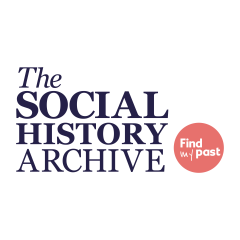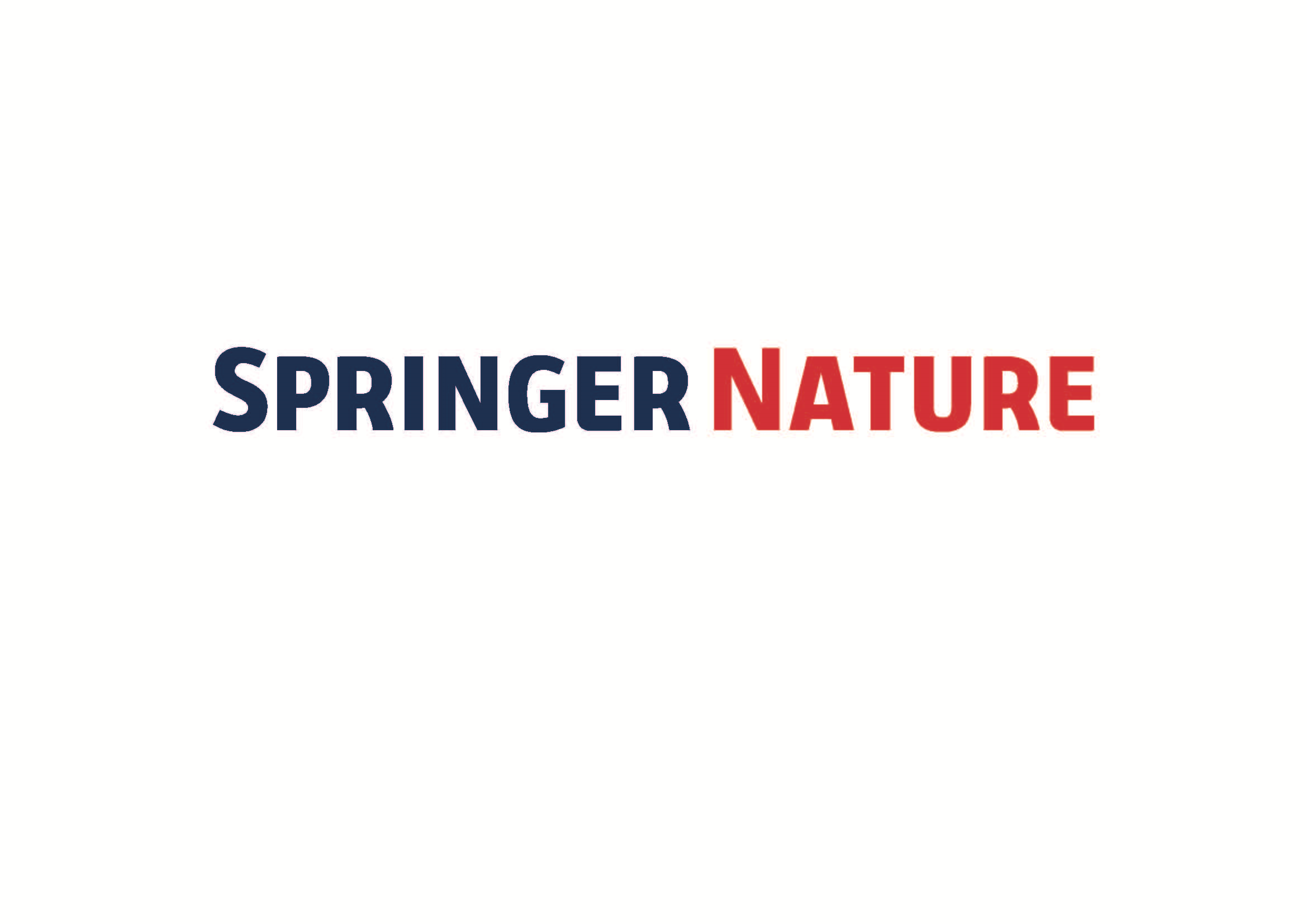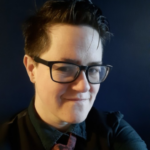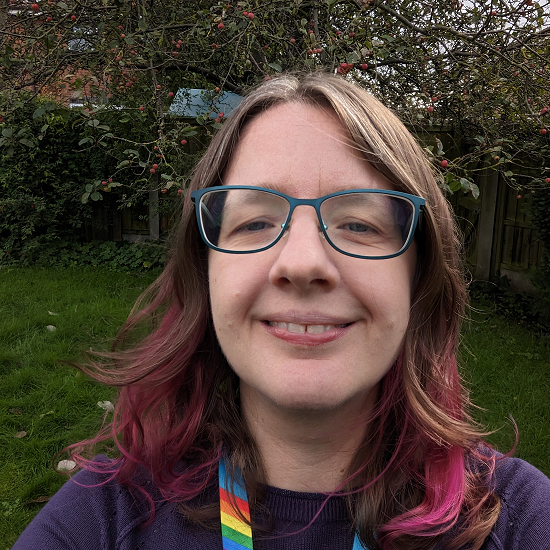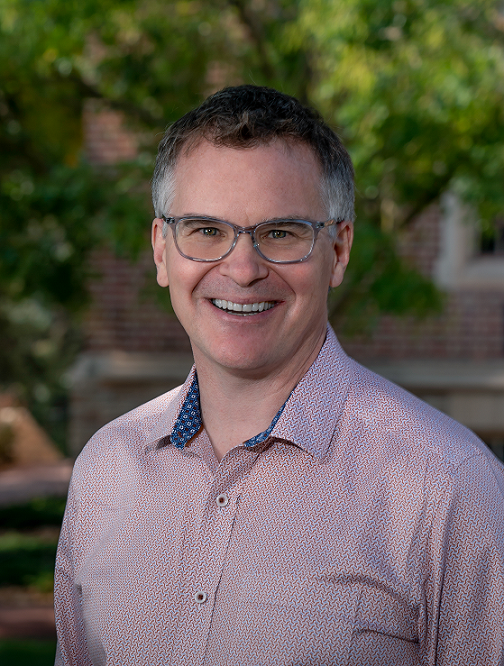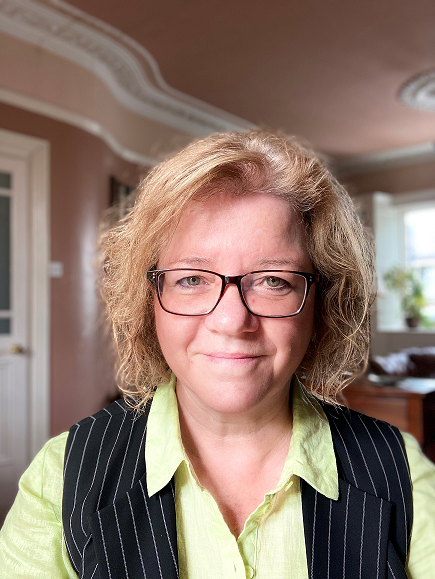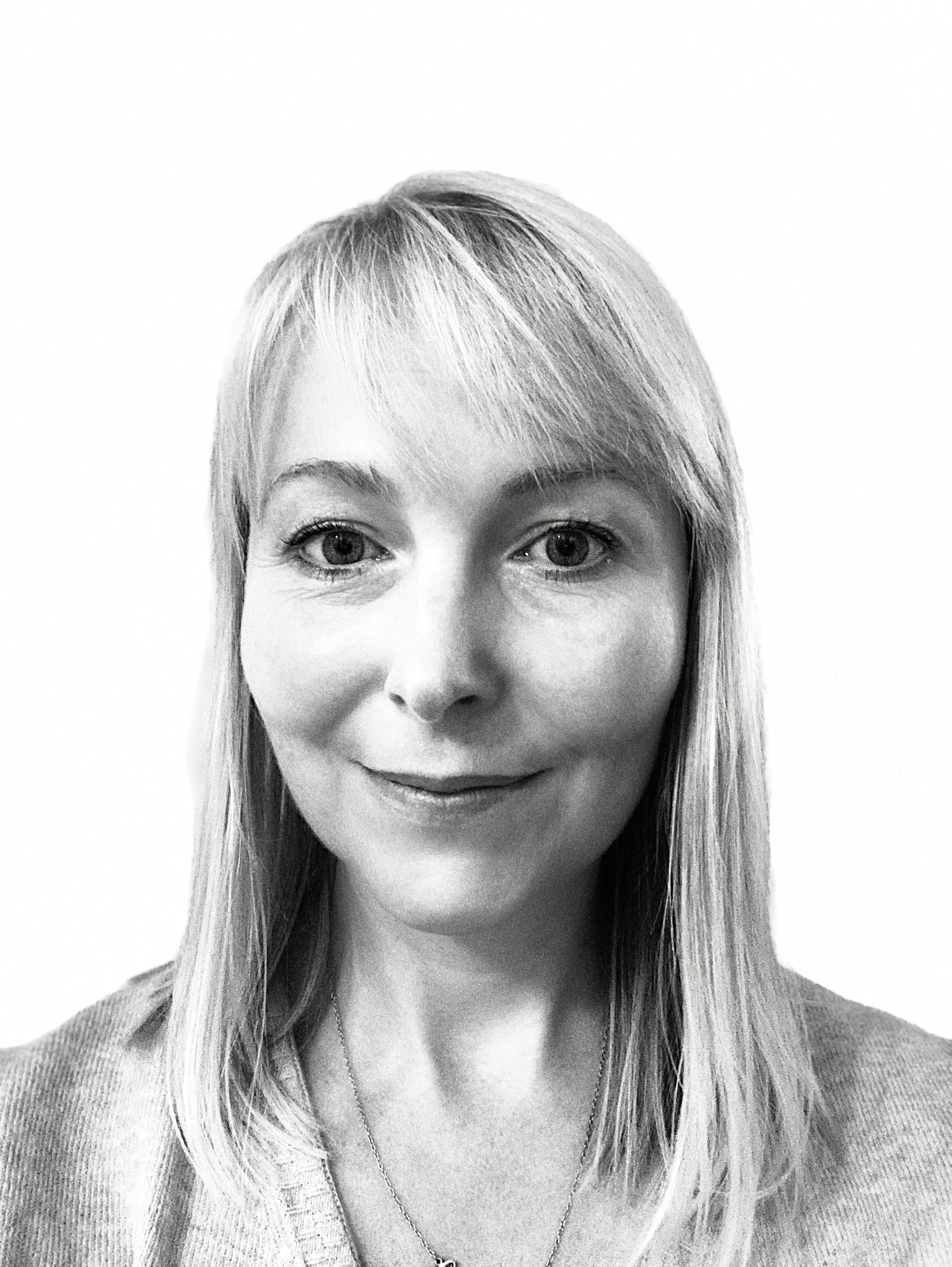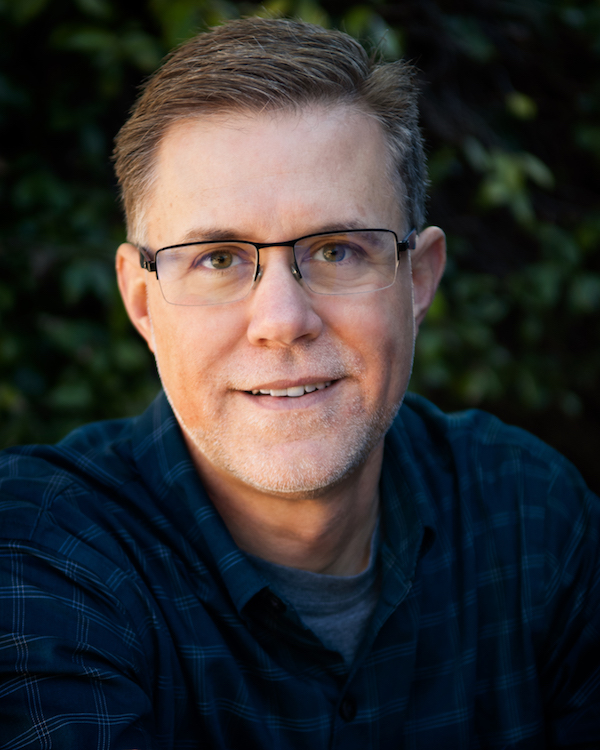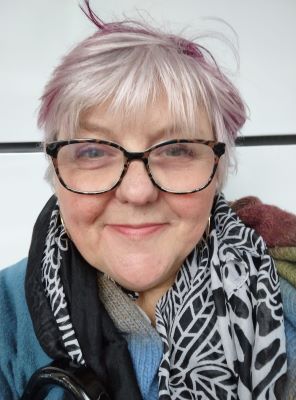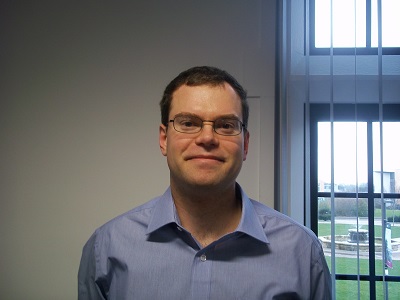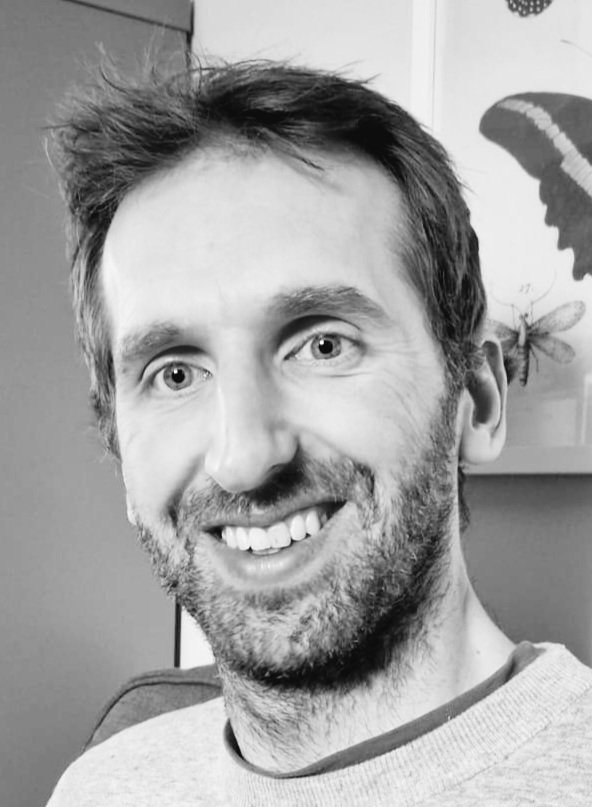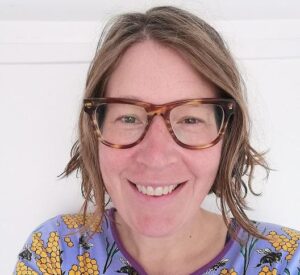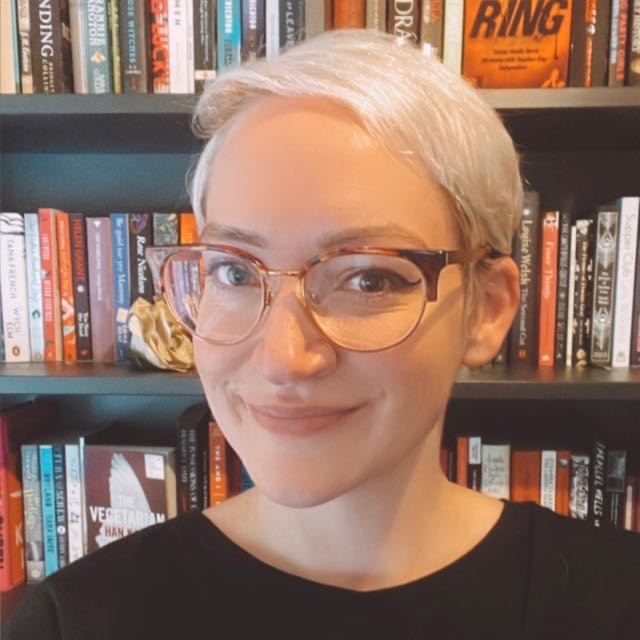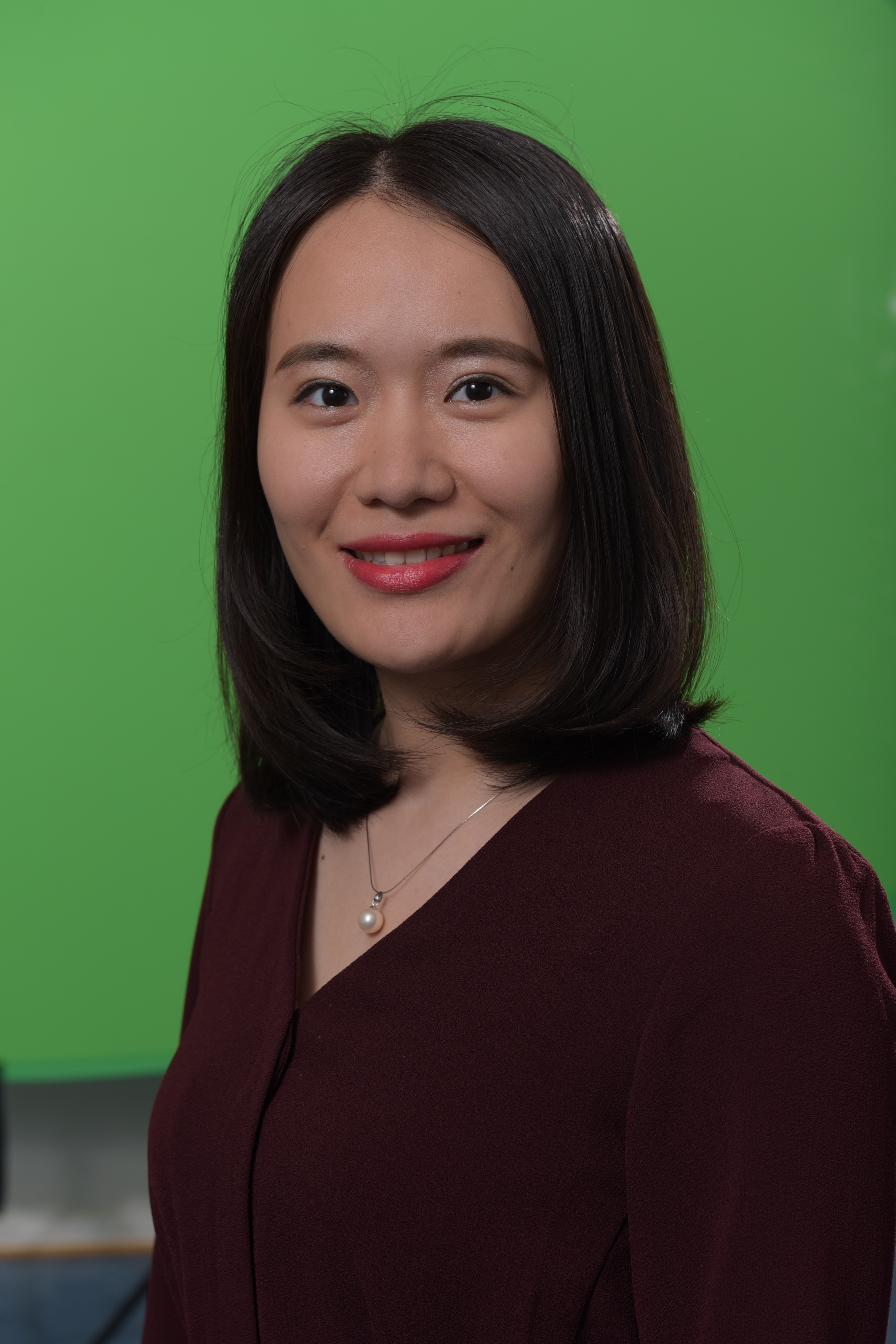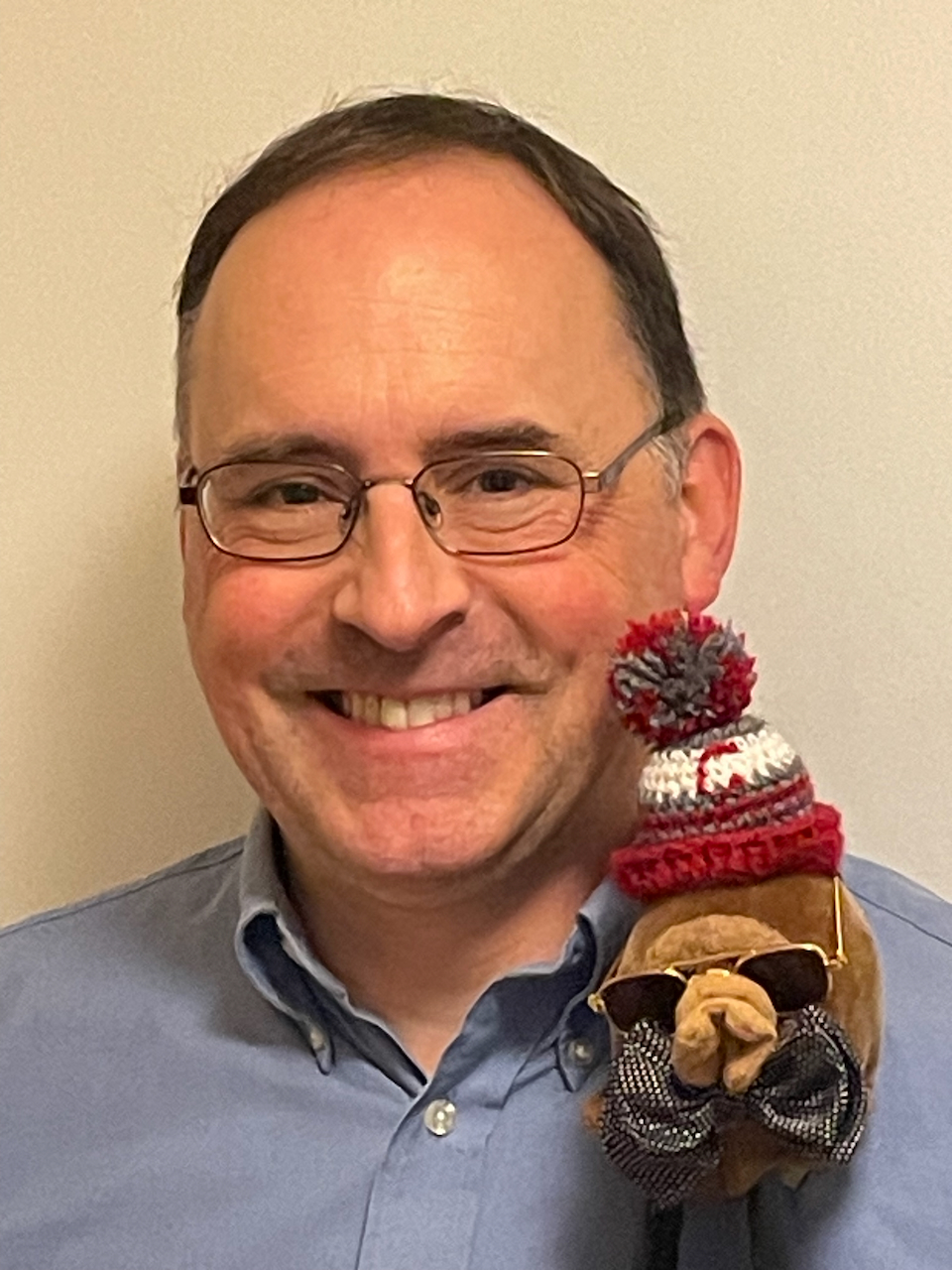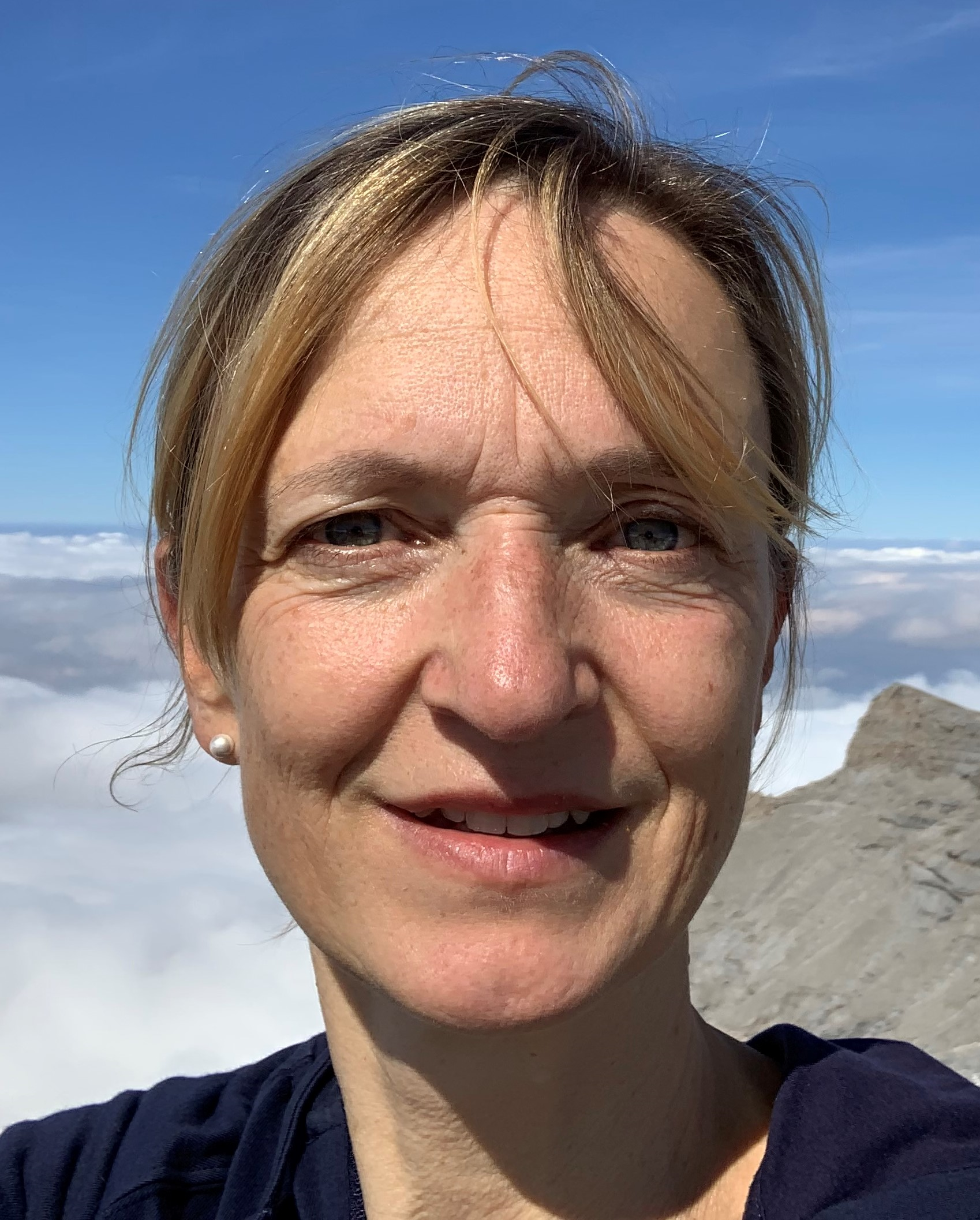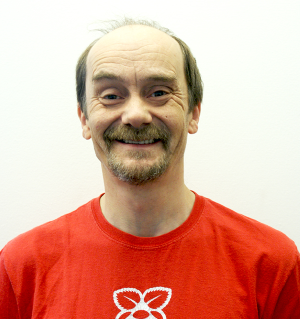The UKSG Annual Conference is a major event in the scholarly communications calendar which attracts delegates each year from around the world – librarians, publishers, content providers, consultants and intermediaries. The conference combines high-quality plenary presentations, lightning talks, workshops and breakout sessions with entertaining social events and trade exhibition.
When
Where
Venue Photos
Monday, April 8, 2024 – 08:00 BST
to
Wednesday, April 10, 2024 – 13:30 BST
Scottish Event Campus (SEC)
Glasgow, G3 8YW
United Kingdom

About
Sponsors
Programme
Feedback
Registration
Contact
Map
Share
About the Event
Conference photographs
You can access all of the conference photographs taken by Simon Williams Photography at the links below. You are free to use and re-use these photographs in any format, commercial or otherwise.
Sunday: https://images.simonwilliamsphotography.co.uk/p348531333
Monday: https://images.simonwilliamsphotography.co.uk/p446577628
Tuesday: https://images.simonwilliamsphotography.co.uk/p340722794
Wednesday: https://images.simonwilliamsphotography.co.uk/p120411265
Registration
Sorry registration has closed for the UKSG this year. Please don’t contact us with late bookings at this time as we will be unable to process them. There will be no on-site bookings so please do be considerate and not just turn up as we will have to say no.
We look forward to welcoming everyone to Glasgow!
Programme
Please scroll down for the latest programme information.
Please click here to download a copy of the programme, do note this year, in an effort to minimise our environmental impact and reduce paper waste, printed copies will be strictly limited at the event. We strongly encourage you to download the event app for accessing the programme or print a copy of the PDF before you travel.
Travel to Glasgow
More information on how to get to the SEC can be found here
ScotRail offer a special discounted train ticket for delegates travelling between the city centre and the SEC by train. The Conference Rover costs just £5 for up to 5 days’ travel. More information.
The Glasgow Convention bureau also provide a booklet containing special delegate offers and discounts for a variety of local tours and restaurants – this can be found here
Your access needs
We’re committed to running accessible training and events. We want you to feel welcome, included, and able to fully engage in our sessions.
To help us, please share any access needs you have when prompted by our booking form. We may be in touch to ensure we’re making the right adjustments.
Further information on access facilities for the city of Glasgow can be found here.
Conference App
The conference app is now live please, all registered delegates will receive and email with details on how to download the app. More detail can be found here.
The app includes information on:
- community/networking pages including ice breaking area’s.
- sessions and speakers (build your own programme)
- delegates lists
- sponsors and exhibitors
- maps
- take part in ‘The Passport Game’ with a chance to win £100 in vouchers
- additional information/logistics
- polls, Q&A, session chat
Additional venue information
UKSG and the SEC Campus put the safety of our attendees at the highest priority. Safety and security measures are in place to provide reassurance to our visitors, for more information the SEC’s security measures please click here
- During the live event be aware that generally bags larger than A3 size (30cm x 42cm) are not permitted inside the conference area, a complimentary cloakroom will be provided for conference delegate’s use.
A site map of the SEC can be found here
Sponsorship Opportunities
We are working again with Content Online who have produced the sponsorship pack which you can find here: https://bit.ly/44T9p0J
Exhibition
Accommodation
Accommodation is not covered by the delegate fee. The official online accommodation bookings service is now open – click here to view and book a range of hotels. Accommodation is sold on a first come, first served basis and the published rates will be available until 26 February.
Alternatively, you can book directly with Premier Inn, which is located a short walk across the river from the SEC.
The Glasgow Convention bureau also provide a booklet containing special delegate offers and discounts for a variety of local tours and restaurants – this can be found here

2024 John Merriman Award/Sponsored Places
Named in honour of John Merriman, in recognition of his work in founding both UKSG and NASIG, this prestigious award provides an invaluable opportunity for anyone keen to learn and share experiences from a very different angle. For more detail and the application process can be found here.
In addition to the John Merriman award we also offer sponsored conferences places for:
- student
- early career practitioners
- underrepresented groups
- scholarly information community
More details on these awards and bursaries can be found here.
The John Merriman award is supported by the generous sponsorship of Taylor & Francis Group and the early career professional awards are kindly sponsored by AIP Publishing, Frontiers and Wiley.




Gala Reception Partner:

Gold Sponsors
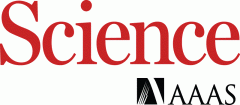




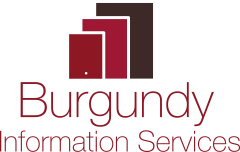



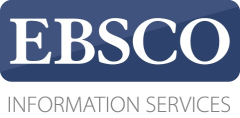
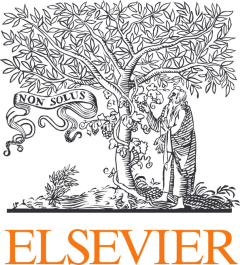


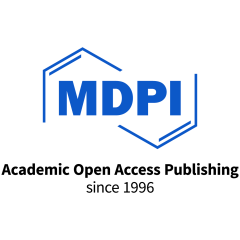


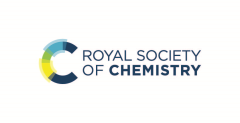




Programme
- Monday 8 April
- Tuesday 9 April
- Wednesday 10 April
Time
Programme
Speakers
08.00
Registrations opens alongside refreshments and exhibition viewing.
10.30
Opening of the Conference
followed by
Presentation of the John Merriman UKSG Award presented Taylor & Francis
(Award Sponsored by Taylor and Francis and provides free attendance at both UKSG and NASIG in the US)

Presentation to the sponsored students and early career professionals
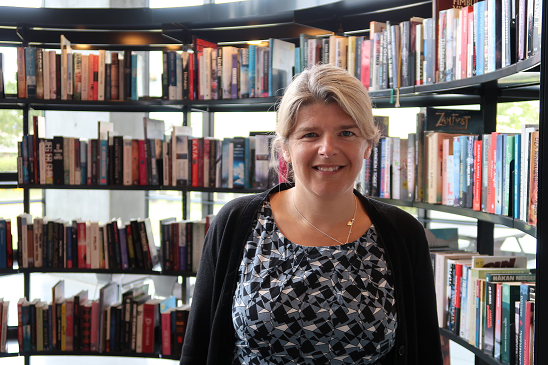
Joanna Ball
DOAJ/Chair of UKSG
See Biography
Joanna Ball is Managing Director for DOAJ (Directory of Open Access Journals), a community-curated online directory that indexes and provides access to quality, open access, peer-reviewed journals. Before joining DOAJ in 2022, her career was based in academic libraries in the UK and Denmark, most recently as Head of Roskilde University Library, part of the Royal Danish Library. She is currently Chair of UKSG.
10.30
Plenary Session 1: Moving Research Integrity Conversations Upstream
A practitioner’s view of research integrity: how it works on the ground – Inke Näthke, University of Dundee
Research integrity leads in research-intensive universities engage closely with all aspects related to this topic, including, but not limited to, receiving and coordinating responses to issues raised related to potential breaches of integrity, developing and implementing relevant procedures and policies, developing and delivering training, and ensuring a positive research culture. I will take the audience through the processes initiated when concerns are raised to illustrate the sometimes unforeseen challenges that can arise and discuss potential improvements.
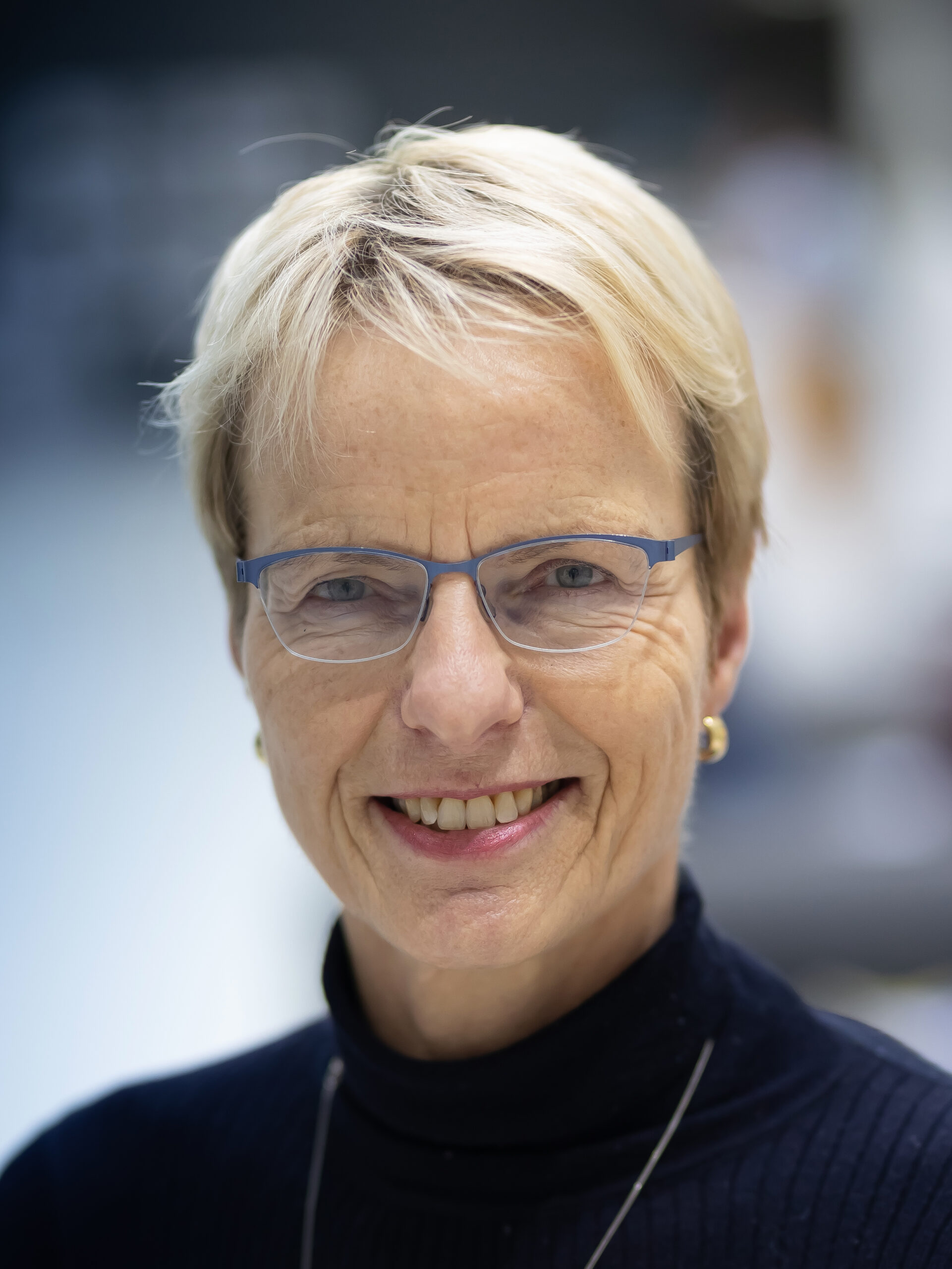
Inke Näthke
University of Dundee
See Biography
Professor Inke Näthke was awarded her PhD from the University of California, San Francisco and then worked as a postdoctoral fellow at Stanford University and Harvard Medical School before establishing her independent research team in the School of Life Sciences at the University of Dundee focussed on early changes in bowel cancer. She is Professor of Epithelial Biology and also Associate Dean for Professional Culture. She co-founded the Scottish Research integrity Network, is a member of the Board of Trustees of UKRIO, and is Research Integrity lead in the University.
A 30,000ft view of Research Integrity: Data, Trends and Actions – Daniel Hook, Digital Science
Protection of the scholarly record is critical for the global research enterprise to remain healthy both in terms of its ability to build on past research results and in terms of its relationships with the public that funds it. However, there are multiple drivers that break research integrity – the pressures of the evaluation system; challenges in the peer review landscape and the aims of nefarious external actors to name just a few. Creating good quality data sources that allow us to detect and understand these behaviours is critical to keeping our research system healthy. I will give an insight into some of the challenges and opportunities in creating a good quality data signal in a way that supports the research sector in a responsible manner.
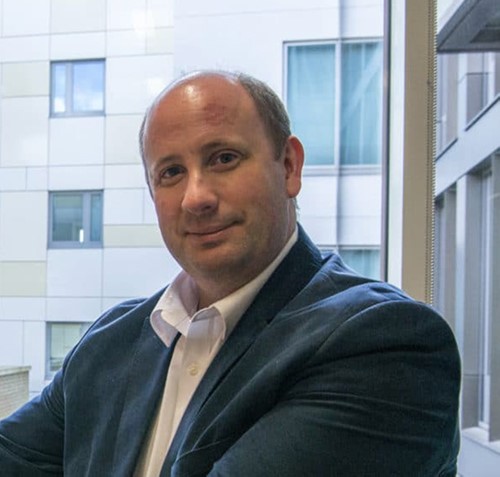
Daniel Hook
Digital Science
See Biography
Daniel Hook is CEO of Digital Science, co-founder of Symplectic, a research information management provider, and of the Research on Research Institute (RoRI). A theoretical physicist by training, he continues to do research both in physics and in bibliometrics in his spare time, and holds visiting academic positions at Imperial College London and Washington University in St Louis.
Retractions: On the Rise, But Not Enough – Ivan Oransky, Retraction Watch
In 2000, there were about 40 retractions from the scholarly literature. In 2023, there were more than 10,000. That is a dramatic increase, even accounting for the growing number of papers published per year. In this talk, I will start with what a retraction is, and how perceptions and practice have changed. I will also explore the reasons for the increase, why it is good news, and why the real number should be even higher — along with the root cause of why researchers end up having to retract. I will tell the stories of the sleuths who are finding problems in the literature, and describe efforts that academic libraries, publishers, technology vendors and others are making — and can make — to effect change.
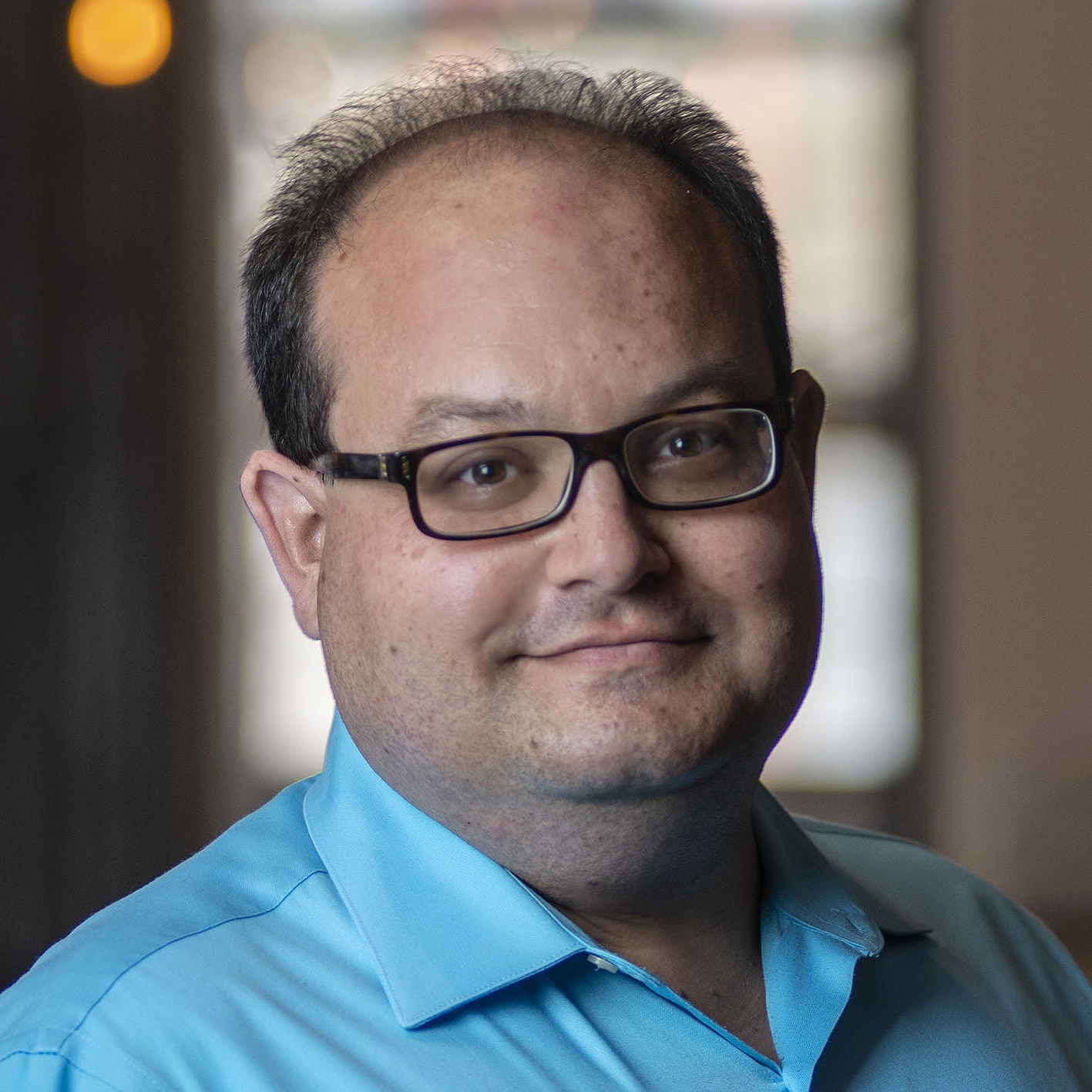
Ivan Oransky
Retraction Watch
See Biography
Ivan Oransky is one of the two co-founders of Retraction Watch, the editor-in-chief of Spectrum and distinguished journalist in residence at New York University’s Arthur L Carter Journalism Institute.
12.00
Lunch and Exhibition Viewing
Kindly sponsored by

13.30
Breakout Session – Group A
13.30
Workshop 1 – Making and Breaking the Rules: critical literacies for an AI-disrupted world
We live in a period of rapid digital transformation where hype around new technologies can overtake reality. AI, automation, virtual reality, big data and algorithmic decision-making can potentially disrupt education, work and entertainment. But the models underpinning these technologies aren’t new; we can critically evaluate them using established knowledge constructs and concepts.
Critical literacies and knowledge of computational thinking can empower communities to generate new knowledge through responsible use of scholarly outputs, data and technology. This interactive workshop explores critical approaches to digital and information literacies: through community learning we’ll develop threshold concepts, enabling empowered ethical adoption of digital technologies.
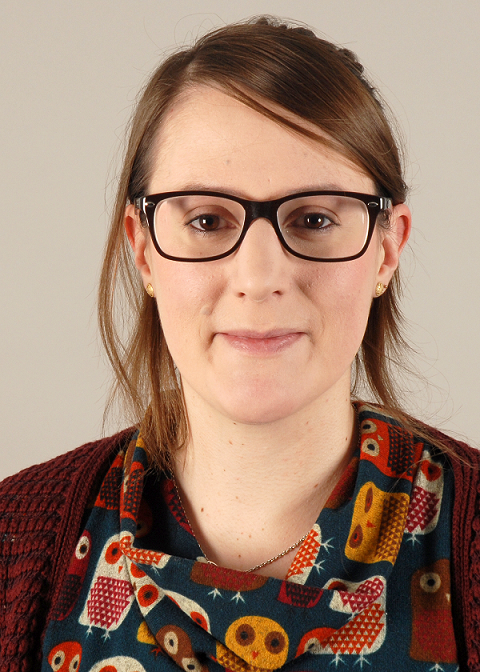
Susan Halfpenny
University of Aberdeen
See Biography
Susan Halfpenny is Head of Research and Learning Information Services at the University of Aberdeen. She is responsible for the delivery of digital and information skills, open research and subject services within the Library. Susan has led on a range of initiatives to develop staff and students digital capabilities, including the development of skills frameworks, the rollout of training programmes and the creation of digital citizenship and wellbeing MOOCs (Massive Open Online Courses). Her interests are digital scholarship, tackling information inequalities and ethical digital transformation for education and research.
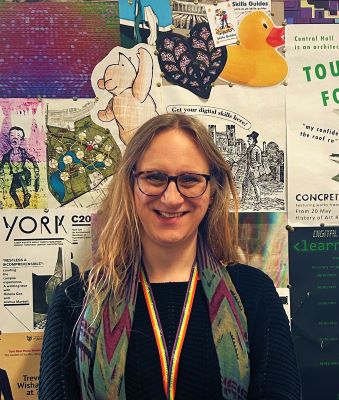
Steph Jesper
University of York
See Biography
Steph Jesper (she or they) is a Teaching & Learning Advisor in the DISC (Digital Inclusion, Skills, & Creativity) team in Library, Archives, and Learning Services at the University of York. She’s a qualified Librarian who moonlights in IT, developing and delivering digital skills training for students and staff, and looking after the University’s online Skills Guides resources. When she’s not teaching all things digital, she’s the sort of person who makes computer games in spreadsheets for fun.
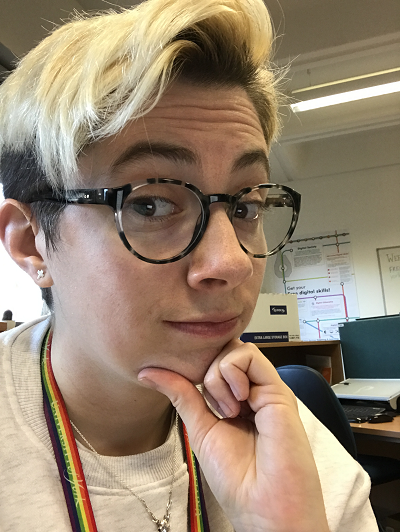
Siobhan Dunlop
University of York
See Biography
Siobhan Dunlop (they/them) is a Teaching and Learning Advisor in the Digital Inclusion, Skills and Creativity (DISC) team at the University of York, supporting people’s digital skills within the university and beyond. They focus on introductory coding, multimedia creation, and digital creativity, as well as the ways in which digital technologies impact our lives in a digital society and the importance of critical digital literacies and ethics in the technological world. When not doing all of this, they also write poems using code.
14.30
Breakout Session – Group B
15.30
Refreshments and exhibition viewing
16.00
Breakout session – Group C
17.00
Lightning Session 1
Practical steps towards an open research culture: Building support around FAIR data & software at the University of Sheffield – Jenni Adams, University of Sheffield, Ric Campbell, University of Sheffield
Academic researchers are becoming increasingly aware of the need to make data and software FAIR in order to support the sharing and reuse of non-publication outputs. Currently there is still a lack of concise and practical guidance on how to achieve this in the context of specific data types and disciplines.
This presentation details recent and ongoing work at the University of Sheffield to bridge this gap. It will explore the development of a FAIR resource with specialist guidance for a range of data types and will examine the planned development of this project during the period 2023-25.
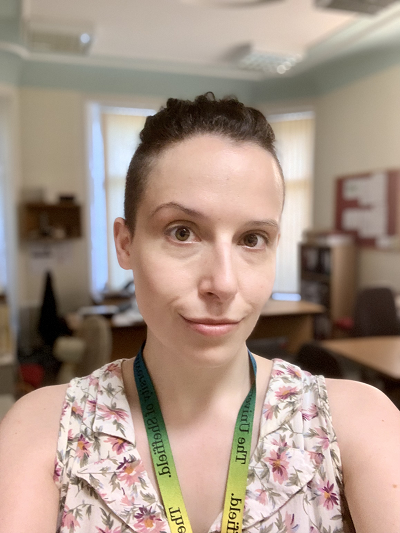
Jenni Adams
University of Sheffield
See Biography
Jenni Adams is Open Research Manager at the University of Sheffield, where she leads projects to raise awareness and support uptake of open research practices among researchers at all levels.
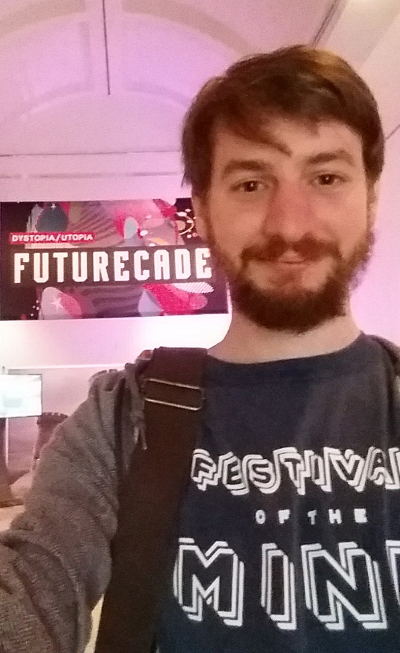
Ric Campbell
University of Sheffield
See Biography
Ric Campbell is Research Data Steward at the University of Sheffield. Based in the University Library, he is currently working with departments and research groups across the University to support the adoption of FAIR practices for research data and software.
17.00
Responding to the UN SDG Publishers Compact – Bristol University Press Digital – Simon Bell, Bristol University Press
The UN SDG Publishers Compact, launched in 2020, was set up to inspire action among publishers to accelerate progress to achieve the Sustainable Development Goals by 2030, asking signatories to develop sustainable practices, act as champions and publish books and journals that will “inform, develop and inspire action in that direction”.
This Lightning Talk will discuss how our new Bristol University Press Digital has been developed as part of our mission to contribute a meaningful and impactful response to this call to action as well as the global social challenges we face.
Using thematic tagging to create uniquely curated themed eBook collections around the Global Social Challenges, Bristol University Press Digital responds directly to the need to provide the scholarly community access to a comprehensive range SDG focussed content while minimising time and resource at the institution end in collating content and maintaining collection relevance to rapidly evolving themes
Resources
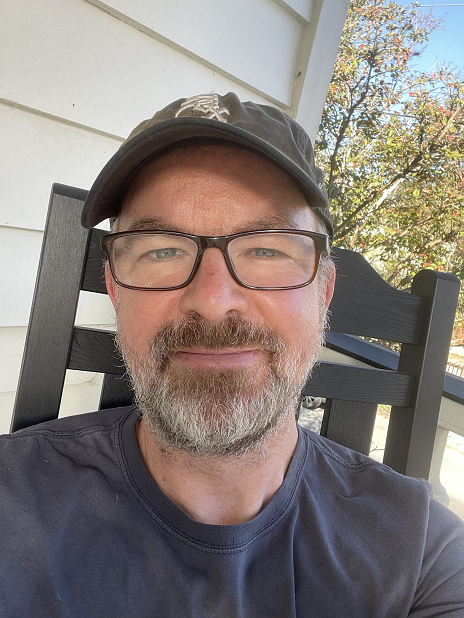
Simon Bell
Bristol University Press
See Biography
Simon Bell is the Institutional Sales Manager for Bristol University Press, responsible for all institutional sales across BUP’s book and journal portfolio including BUP’s new digital platform “Bristol University Press Digital”.
17.30
Exhibition viewing and reception
TBC
Supper and quiz or free evening
(pre-booking for the Quiz is required at time of conference registration – numbers limited)
Thank you to our sponsor for the evening

Feedback
The conference was great and was organised really well. Everyone was really friendly and I gained loads from it.
2023 delegate
I thoroughly enjoyed the conference and look forward to returning to Glasgow in 2024.
2023 delegate
Registration
Wednesday, December 13, 2023 – 08:00 GMT – Wednesday, March 27, 2024 – 16:00
£ 485.00
+97.00 VAT
UKSG Member
£485.00 +VAT (total £582.00)
£650.00
+130.00 VAT
Non-Member
£650.00+VAT (total £780.00)
NB: UKSG reserves the right to alter or vary the programme due to events or circumstances beyond its reasonable control without being obliged to refund monies.
Contact
For any queries
General queries – events@uksg.org
Sponsorship queries – Par Rock at Content Online for more information – par@contentonline.com
Exhibition queries – Karina Hunt at KHEC – karina@khec.co.uk
Cancellations
The closing date for cancellations is Friday 1st March at 5pm GMT, after which date cancellations will not be eligible for a refund. Cancellations should be sent into writing to events@uksg.org
The UKSG code of conduct can be found here
The General UKSG booking terms and conditions can be found here






